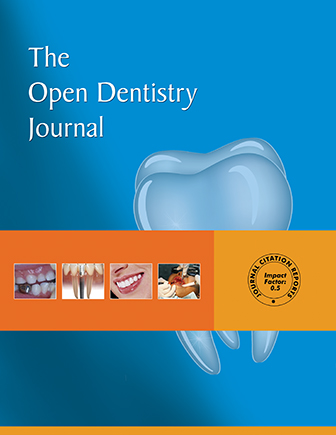Dental Implant Rehabilitation in Patients Suffering from Mucocutaneous Diseases: A Systematic Review and Meta-Analysis
Abstract
Objective:
Dental implantations are widely used for oral rehabilitation of edentulous patients. Despite high success rate, there are some risk factors that have been associated with failures. Oral mucocutaneous diseases are one of these risk factors for implant insertion due to the immunosuppressive therapy.
There are limited studies that have dealt with the subject of dental implantology in oral mucosal disorders mainly with patients with oral lichenplanus, pemphigoid, pemphigus vulgaris, and systemic lupus erythematosus. In order to assess the result of implantations in such patients, we have reviewed the studies.
Materials and Methods:
We searched PubMed, Science Direct, and Cochrane databases for articles published from Jan 2000 to Dec 2017, using key search word “dental implants”, “oral lichen planus”, “pemphigoid”, “pemphigus vulgaris” and ”systemic lupus erythematosus”.
Results:
The random effects analysis result shows overall failure rates of 22% in patients with oral lichen planus. A systematic review revealed some failures that are not definitely related to these diseases.
Conclusion:
Due to the lack of adequate studies, a meta-analysis was only possible for oral lichen planus. Presently, there is no definite guideline regarding the placement of implant in patients suffering from mucocutaneous diseases; nevertheless, we should always consider that these patients are specific cases and need more attention in the first step of treatment and follow-ups. So there is a need to further clinical studies in order to evaluate more risk factors accurately and make a definitive conclusion.


